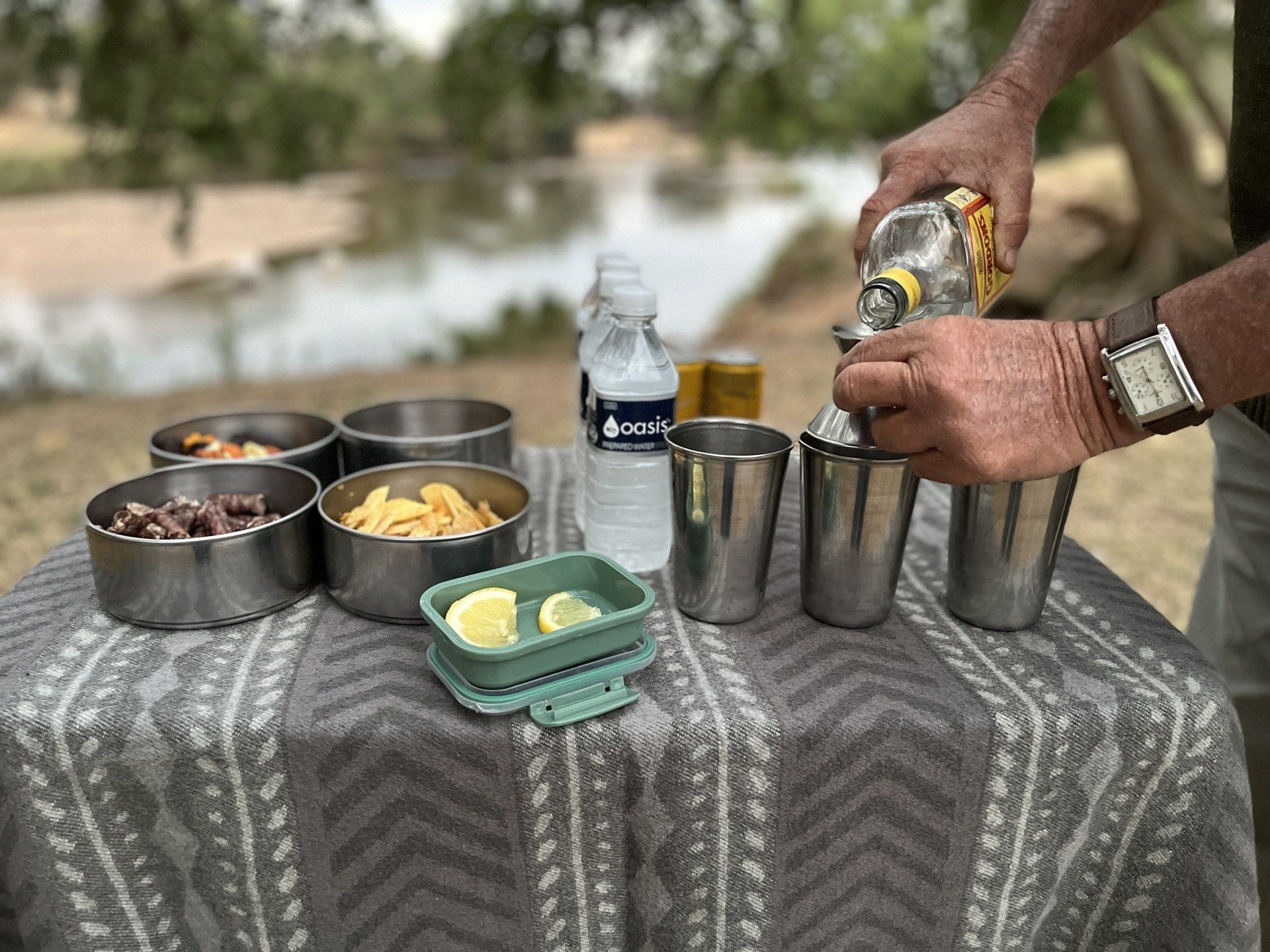Getting to grips with English
Hot tips for when words really don't come easy...
Don't forget that the rules for creating content apply to internal and external communications too! Writing for more formal purposes often tends to get overlooked, so the next time you have to email a client or pull together a proposal for an important stakeholder or potential partner, take the following kernels of wisdom into account...
The overarching principle in all communications should be "less is more". Strive to use "plain" English which does not make it hard to understand messages.
Be concise. Wordy, dense construction is one of the most common problems in written communication.
Long, complex sentences containing multiple phrases and clauses are confusing. Use simple language and short paragraphs to retain clarity of thought and purpose. A good starting point to rectify this problem is to watch out for "of", "to", "on" and other prepositions. They often mark phrases you can reduce to one or two words. The overuse of conjunctions is also likely to signal the stringing together of too many words, ie: "and", "but", "or", "nor", "for", "yet", "so"...
Some examples follow:
Don’t say: Say:
a number of several, a few, many
a sufficient number of enough
at this point in time now
is able to can
on a monthly basis monthly
on the grounds that because
an amount of work work
be responsible for must
in order to to
Redundant words
Don’t say: The Department of Tourism and the National Department of Public Works worked together on a joint project to improve access...
Say: The tourism and public works departments worked on a project to improve access...
In this statement, you don’t need "joint" or "together". Saying that tourism and public works worked on a project says it all. "Joint" and "together" are both redundant.
Similarly, we often use excess modifiers, such as "absolutely", "actually", "really", "quite" and "very". But on review you will often find that they are not necessary.
Don’t say: It is particularly difficult to reconcile the somewhat differing views expressed by the management team. Total disclosure of all facts is very important to make sure we draw up a total and completely accurate picture of the organisation's financial position.
Say: It is difficult to reconcile the differing views expressed by the management team. Disclosing all facts is important to creating an accurate picture of the organisation’s financial position.
Leaving out excess words can cut documents significantly. Be diligent in challenging every word you write, and you will quickly learn to write clearly and concisely.
English contains many words that are commonly misused. Alternative spellings and associated meanings can result in mistakes being included in documents.
The following are some examples of confusing or commonly misused words - and explanations of their proper use.
Remember to check spelling in all communications before sending them out or publishing them.
Advisor
The most common form of spelling is advisor with the "or" ending, not "er".
Affect - effect
Affect - influence, move (emotionally), impress: The new regulations will affect our industry
Effect - to bring about, accomplish, result: The new regulations have had a tremendous effect on our industry
Assure, ensure, insure
Assure - to convince or declare something positively: The plumber assured me the fault had been corrected
Ensure - to make certain: I had the fault checked to ensure it had been fixed
Insure - to guarantee financially against possible loss or damage: We should insure the equipment against damage
Compliment - complement
Compliment - praise: The company was paid a compliment for its work on the project
Complement - what is needed to complete something or make it perfect: The project team contained an experienced complement of tourism service providers.
Note: Both these terms can also be used as a verb; the same distinction applies.
Continual - continuous
Continual - recurrent, usually at short intervals: Continual interruptions made it impossible to finish the work on time
Continuous - describes an uninterrupted sequence: Continuous power was supplied to the site for the duration of the project
Curriculum vitae - curricula vitae
Curriculum vitae - singular
Curricula vitae - plural
Note: Curriculum/curricula vitae is not capitalised,
unless it is used at the start of a sentence.
Dependent - dependant
Dependent - relying on someone or something for assistance or support: The community is dependent on the water supply
Dependant - a person who is supported (usually in a financial way) by another: Kasey is a single parent with three dependants
Formula - formulae
Formula — singular
Formulae — plural
Index - indices
Index – singular
Indices – plural
Its - it’s
Its - possessive pronoun: Limpopo and its people.
It’s = it is (contraction): It’s a great outcome for everyone
Metre - meter
Metre - measurement equal to 100 centimetres, shortened "m"
Meter - an instrument used for measuring, eg: water or electricity usage
Practical - practicable
Practical - related to practice or action (as opposed to theory): It's not practical to invest that much time in it
Practicable - capable of being done or used: This route is practicable in dry weather only
Principal - principle
Principal - first, highest or foremost in importance, rank, worth or degree; chief; capital sum
Principle - a basic truth, law or assumption; a rule or standard, especially of good behaviour
Stationery - stationary
Stationery - paper products
Stationary - not moving
Loose - lose
Lose - to misplace something
Loose - something that does not fit properly or has become separated from its fitting
Comprise, consists, compose
Comprise means "composed of". Therefore, you can't say "The hotel comprises of 36 en-suite rooms". You must say "The hotel comprises 36 en-suite rooms". It's actually easier to avoid comprise altogether and use "consists of" or "is composed of" in its place.
English can be confusing, we know, so if you have any queries or need advice with any form of content creation, feel free to chat!








